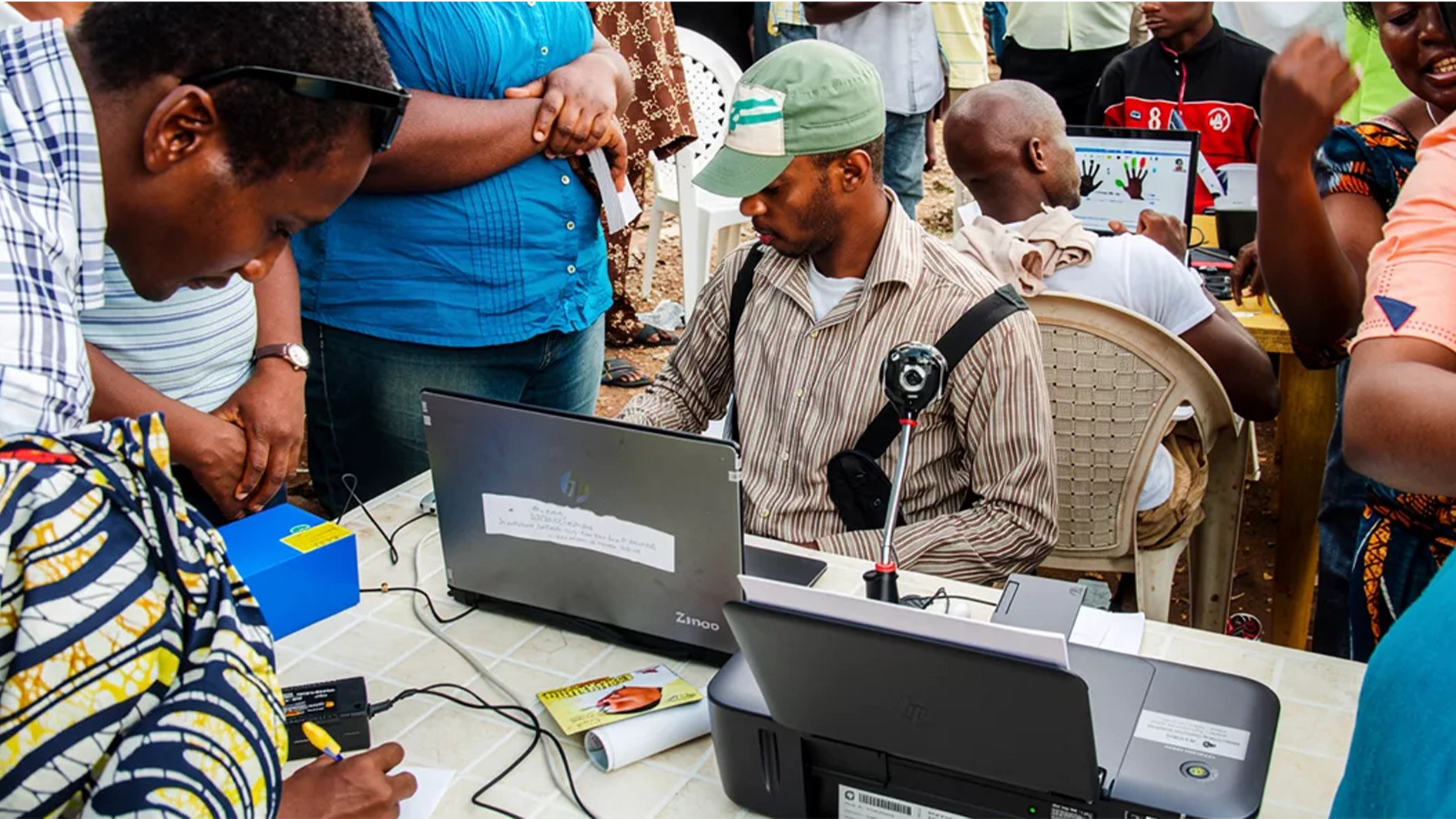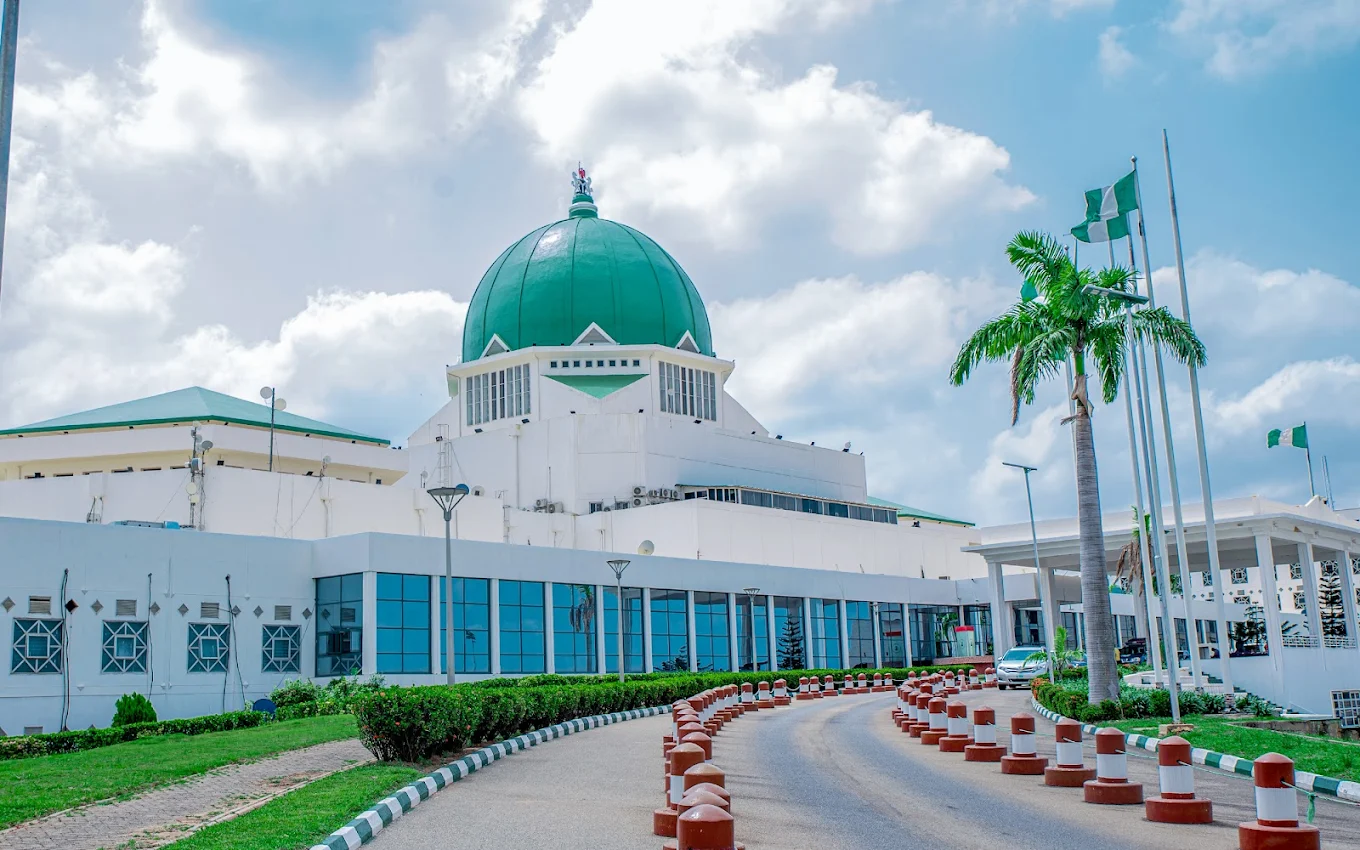Continued from yesterday
Beyond his well and widely attested intrinsic qualities, Prof. Amupitan, who, as required by law, should be ‘non-partisan’ and ‘not …a member of any political party.’ He needs to be of good courage to speak truth to power. Admittedly, this is easier said than done, especially at the very high level and the prevalent political culture he now finds himself. Nigerians want to hope that if he has come so far untainted in his various areas of endeavour, he can substantially resist ill-intentioned, self-seeking ‘principalities’ that have, inevitably, vested interests in how he does his job.
There has been no shortage of advice on what the INEC chief should do to succeed. But more than any source, the professor must consult with his predecessors; they have been there, and nothing teaches well like one who has been in the driver’s seat of so onerous a task as conducting an acceptable election in Nigeria. Prof Attahiru Jega has graciously offered copious pieces of advice in his paper ‘Electoral Integrity as Panacea for Democratic Development in Nigeria’ presented recently at the Nigerian Institute of Legislative and Democratic Studies. Amupitan should read, nay, study this paper.
Nigerians, too often disappointed by both the electoral process and the crooked politicians that it enthrones, are wont to load the plate of an INEC chairman with both realistic and far-fetched expectations of improvement. Prof. Amupitan must not over-promise to expectant well-wishers. As the saying goes, your view of the road changes when you move from the passenger’s seat to the driver’s seat. Some things are within his powers to do; there are others beyond his control, such as the moral quality of commissioners at federal, state and local government levels, funding of INEC and its activities, and the conduct of law enforcement agencies during elections.
Vote buying, for instance, is a common vice. Section 22 of the Electoral Act says ‘Any person who — (a) is in unlawful possession of any voter’s card whether issued in the name of any voter or not; or (b) sells or attempts to sell or offers to sell any voter’s card whether issued in the name of any voter or not; or (c) buys or offers to buy any voters’ card whether on his own behalf or on behalf of any other person— commits an offence and is liable on conviction to a fine not more than N500,000 or imprisonment not more than two years or both.’
It is the unarguable duty of security officers, not INEC officials, to enforce this provision. In the face of the claims of vote buying in the Anambra election, Deputy Inspector General (DIG) Benjamin Okolo, in charge of the election, reportedly said, “I am not sure it is under our policy. The EFCC is responsible for financial offences, and we enforce all laws generally.” This is simply preposterous. And yet, the Nigerian public blames INEC for such illegality.
The professor recently spoke at a stakeholders’ forum in Awka, Anambra State, urging all participants in the recently conducted Anambra election to ‘say “no” to vote-buying and all forms of rigging.’ Moral suasion is in order, but from experience in elections, it should be stated directly: the police must desist from dilly-dallying on a matter of critical national interest and rise to their constitutional duty to stop acts that subvert the electoral process.
The President charged Amupitan to ‘take on this important assignment to protect the integrity of our electoral process and strengthen the institutional capacity of INEC.’ Very well. In the face of the high expectations from an INEC headed by a well-recommended Prof. Amupitan, the point cannot be emphasised enough that he will succeed only if Nigerians, as the key stakeholders in a credible election that delivers good leaders, help him by doing their own patriotic duty to that end.
No single tree makes a lush forest. Politicians, as contestants, must play the game with integrity. Officers of the law must perform their functions as constitutionally mandated. Nigerians, albeit impoverished to the point of desperation, must eschew immediate gratification and vote for genuine leaders as opposed to self-seeking rulers.
Above all, the commitment of the powers above Amupitan to what Soludo terms democratic principles is an overarching determinant of how well a good man can walk in his integrity. But if the adage holds that fish begin to rot from the head, the firm and principled stand of the INEC boss on crucial matters will send a signal and give direction to those below.
For a start, the executive and legislative arms of government must begin to work on the independence of INEC through a more credible process that reduces the influence of the president in appointing the commission’s leaders. Until this is achieved, the electoral system will remain prone to abuse and will not command the respect and trust of the ordinary Nigerians.
One important test of Amupitan’s tenure at INEC will be how elections are challenged at all and overturned by the courts. That will speak for the level of integrity of the electoral process and his country’s progress in democratic practice.
In a culture of murky, do-or-die politics where the stakes are lucratively high, the system can test and even fail the best






